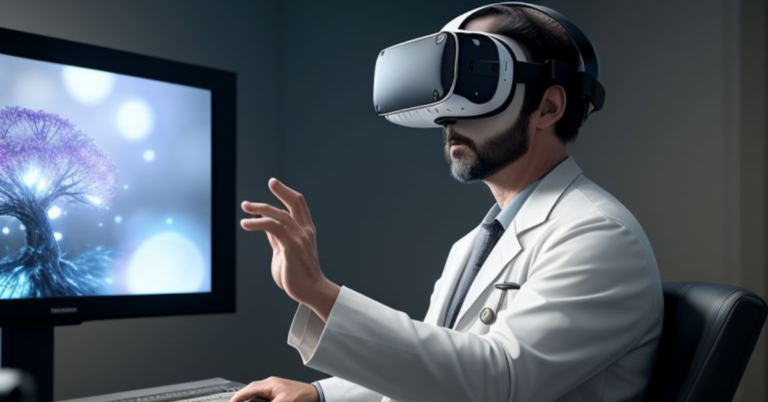In healthcare, patient autonomy and medical expertise are two crucial yet occasionally conflicting elements. At the heart of this debate is a fundamental question: how do we balance the rights of patients to make informed decisions about their own health with the knowledge and experience that healthcare professionals bring to the table? Both play a significant role in patient care and decision-making. Understanding and balancing these components is essential for optimal patient care, ensuring that patients’ personal values are honored while benefiting from professional medical guidance.
Understanding Patient Autonomy
At its core, patient autonomy is a cornerstone of ethical healthcare practice, underscoring patients’ rights to make educated decisions about their health and treatment options. This principle is anchored in respecting each individual’s capacity to determine what is best for themselves, informed by their personal values, beliefs, and unique life situations.
Patient autonomy mandates that individuals are fully informed about their health status, potential treatment options, and the associated risks and benefits. This empowers them to make choices that are congruent with their health objectives and lifestyle preferences. It’s about viewing patients as active participants in their healthcare, rather than passive recipients.
The Role of Medical Expertise
Conversely, the role of medical expertise cannot be overstated. Healthcare professionals undergo extensive training, equipping them with a comprehensive understanding of human physiology, pathology, and therapeutic interventions. This expertise is vital for accurate diagnoses, recommending appropriate treatment plans, and guiding patients toward optimal health outcomes.
Healthcare providers serve as both caregivers and educators, assisting patients in navigating complex medical landscapes and making informed health decisions. Their expertise is critical, especially when patients may not fully comprehend the ramifications of their health decisions.
Striking a Balance
The challenge arises in striking a balance between these two crucial aspects. How do we ensure that patients feel heard and respected in their choices while also benefiting from the expertise that healthcare professionals offer?
- Effective Communication: Clear, compassionate communication is key. Healthcare providers must be skilled in explaining medical terms and concepts in a way that is accessible and understandable. Patients should feel comfortable to ask questions and express concerns.
- Collaborative Decision-Making: Ideally, healthcare decisions should be made collaboratively. This involves healthcare professionals presenting options and recommendations, but also listening to and considering the patient’s preferences and values.
- Empathy and Respect: Both patients and healthcare providers should approach discussions with empathy and respect. Understanding each other’s perspectives can lead to more satisfactory and effective healthcare experiences.
- Education and Empowerment: Educating patients about their health not only fosters autonomy but also builds trust. An informed patient is more likely to engage in their healthcare positively and make decisions that align with their best interests.
- Flexibility and Adaptability: Healthcare providers should be flexible and adaptable in their approach, recognizing that each patient is unique and may require different levels of guidance and support.
Balancing patient autonomy with medical expertise is not about choosing one over the other. It’s about creating a synergistic relationship where both are valued and leveraged to achieve the best possible health outcomes. By respecting and understanding the perspectives of both patients and medical professionals, we can navigate this balance with grace and effectiveness, leading to healthcare experiences that are not only successful but also deeply respectful and humane.





